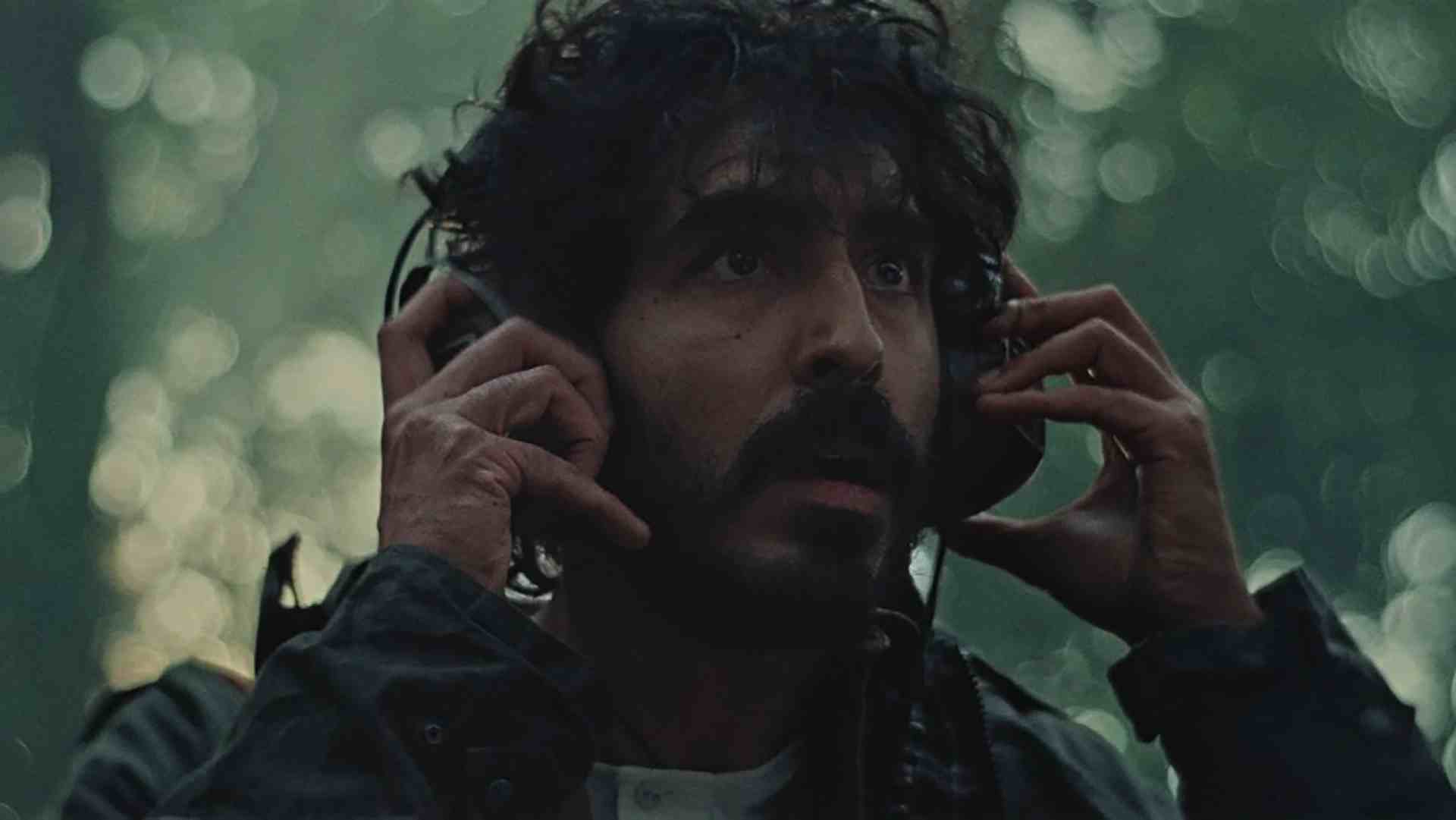Even Dev Patel can't stay awake through the beautiful bore of Rabbit Trap
The hypnotic power of a fairy-like being rivals that of droning synths in the excruciatingly dull, '70s-set folk horror.
Photo: Magnolia Pictures
Though visually assured and sonically satisfying, Rabbit Trap, the feature debut from British writer-director Bryn Chainey, fails to distinguish itself amid the recent influx of folk horror. Nowhere near as garishly gonzo as predecessors like Men or Lamb nor narratively intriguing as Hellbender or You Won’t Be Alone, Chainey’s film falters in a more damning manner: It’s downright boring. While it boasts some enchanting experimental flourishes—including a cerebral score by Colombian avant-garde musician Lucrecia Dalt and entrancing cinematography from Andreas Johannessen—it shirks on the storytelling, resulting in a meandering exploration of the primordial forces that supposedly linger in an ancient Welsh forest, circa 1973.
Hoping that sequestering themselves will lead to creative fruition, early electronic musicians Darcy (Dev Patel) and Daphne (Rosy McEwen) Davenport have recently relocated to a tranquil cottage in the Welsh countryside. Their current project has Darcy roaming the fertile landscape in search of aural textures for Daphne’s original songs, which are expectedly esoteric. One day, he makes the grave error of waltzing through a ring of wild mushrooms, which produces a most unnatural noise. Immediately inspired, Darcy begins to mix the discordant tone into a new composition, unwittingly unleashing a mythological entity that takes the form of a child (Jade Croot) in the process. Randomly showing up at the couple’s home with no guardian in sight, the unnamed being is more evocative of an Oliver Twist orphan than a latchkey kid of the ’70s.
 Keep scrolling for more great stories.
Keep scrolling for more great stories.
